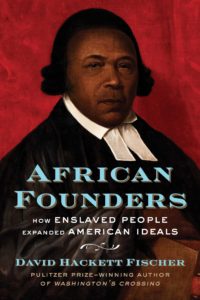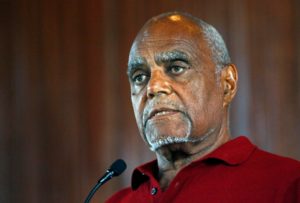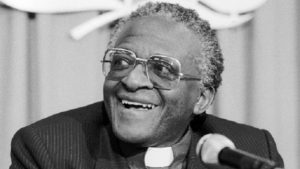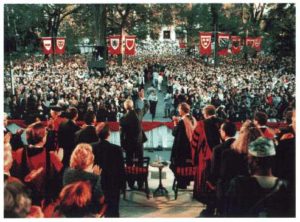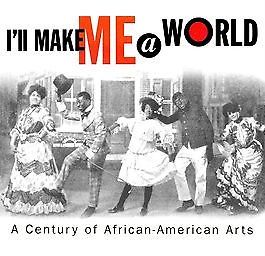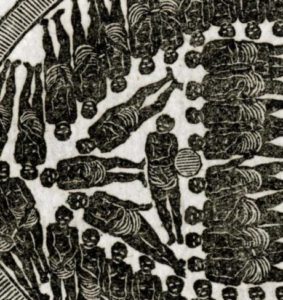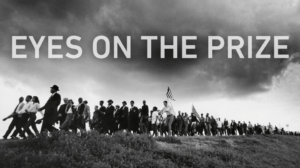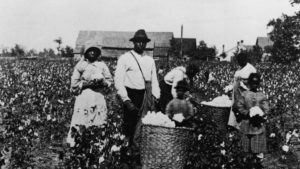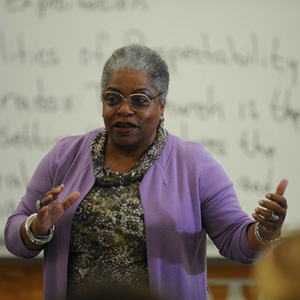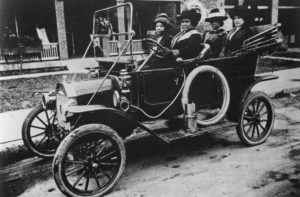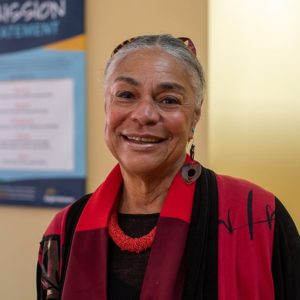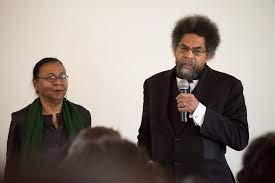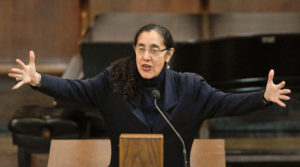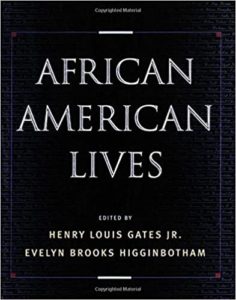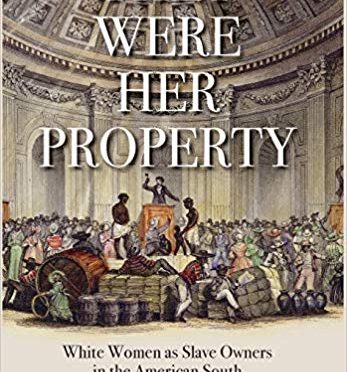Afro-American scholar and philosopher K. Anthony Appiah considers the idea of a community founded on the principles of inclusion, hope, and mutual respect, a community that transcends the polarizing rhetoric of racism.
Can America ever become such a beloved community as Martin Luther King Jr. imagined it, a society free of prejudice where racial differences would be erased and forgotten?
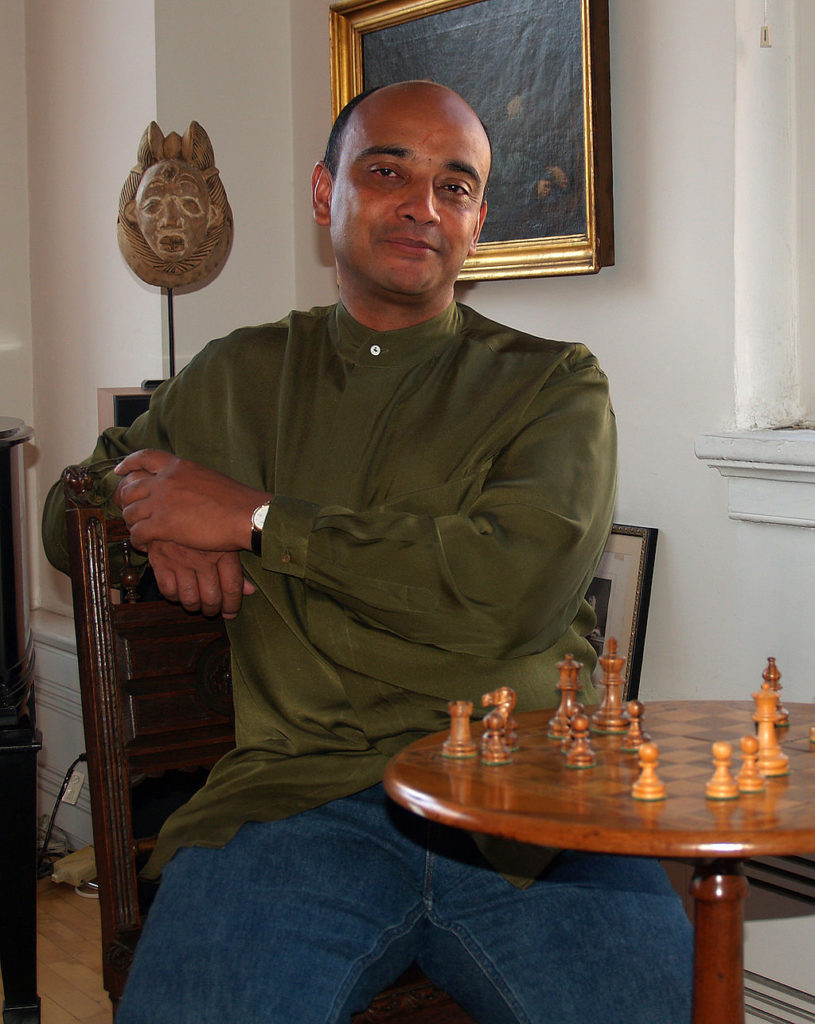
Cosmopolitanism: Ethics in a World of Strangers (Foreign Affairs review)

Drawing on a broad range of disciplines, including history, literature, and philosophy—as well as the author’s own experience of life on three continents—Cosmopolitanism is a moral manifesto for a planet we share with more than six billion strangers.
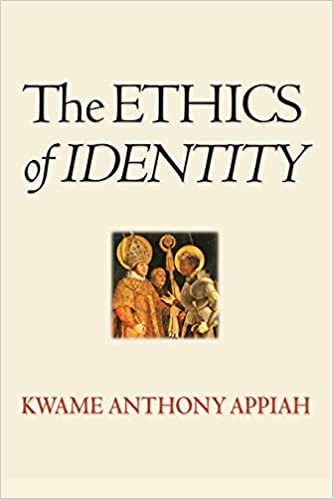
Race, ethnicity, nationality, religion, gender, sexuality: they clamor for recognition and respect, sometimes at the expense of other things we value. But to what extent do “identities” constrain our freedom, our ability to make an individual life, and to what extent do they enable our individuality?
Recorded in 1998 at Cambridge Forum



